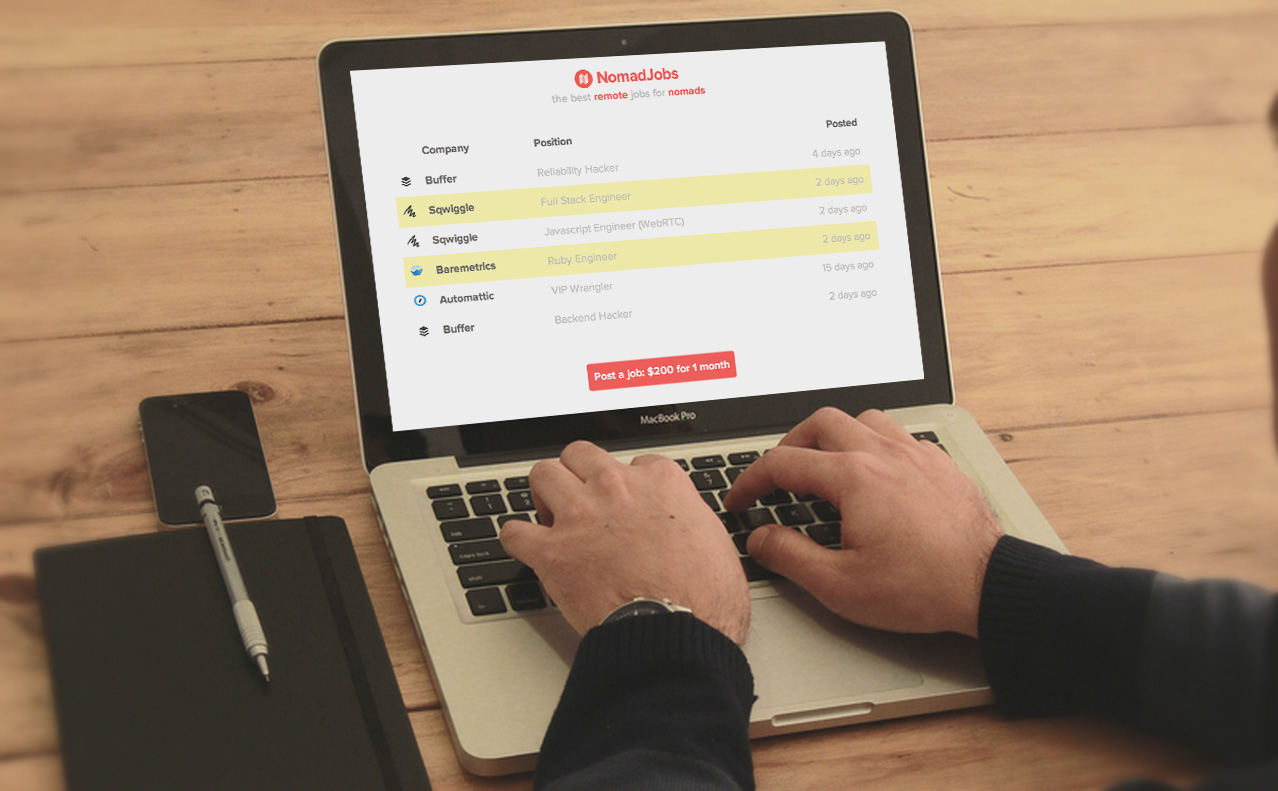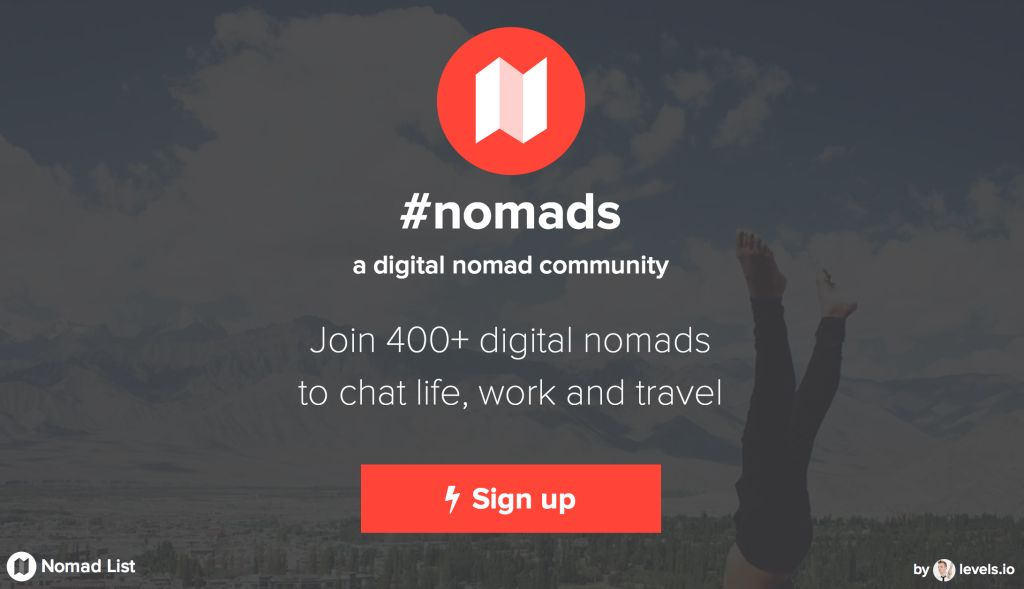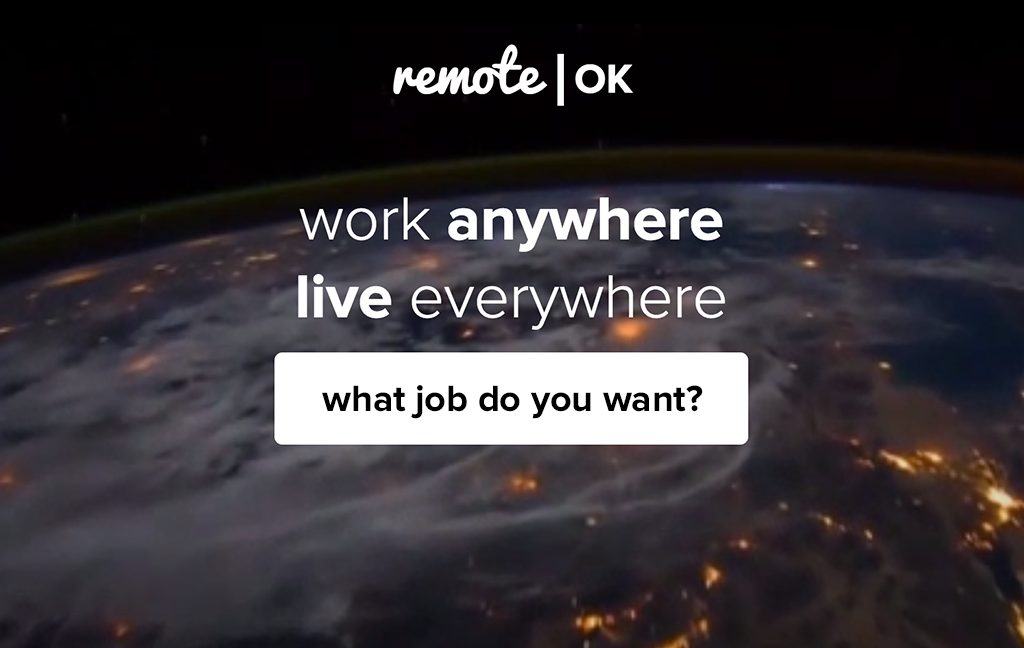I liked the idea of Jennifer Dewalt’s 180 websites in 180 days. However, unlike Jennifer who learned web development from scratch, I can already build stuff. My challenge is to actually finish and launch my projects. So for the next 12 months, I’ve set the goal to launch 12 startups in 12 months.
Problem one: finishing
We creatives have one common problem: finishing things. From musicians to writers to developers, we are perfectionists and projects simply never are “just done”. There’s always that extra part to arrange, that extra chapter to write or that extra feature add. Then when our projects are close to finish, we forget about them and go to the next one, without even launching them. We like the feeling of starting something “new”, we despise the feeling of finishing something “old”.
Problem two: launching
And then there’s our other problem: fear of failure. We are scared shitless to launch “our baby” we spent months on building out into the world. Why? Because in our head we have this perfect idea of how the launch should be. We’ll get major press coverage and lots of users signing up. However in practice, we’ll probably never be able to fit that fantasy with reality. The fear of failure takes over so we don’t put enough effort into launching or we don’t launch at all. Because what if anybody would actually use what we built? They might hate it! So better to not launch at all. It’s a destructive vicious cycle resulting in literally nothing. No progress whatsoever.
It’s killing good ideas
Like so many, I’ve suffered from these problems for years. These two problems are killing good ideas. I’ve seen it happen with myself and as much with others. You see people actively working on their new startup. They’ve got a great idea, they’re enthusiastic and are making long hours. They’re putting lots of effort in to something they’re passionate about. But then when I look up their startup a year later, it’s still the same landing page collecting beta emails. I can’t even count how many startups I know that have had this fate. It’s detrimental.
Changing habits
So I’ve decided to take things into my own hands. I want to change my habits and force myself to finish what I start. For the next 12 months, I’m launching one startup every month. This includes picking an idea, developing it and launching it to press.
It’ll be like a tiny personal hyperfast incubator.
We’ll see where I am in 12 months, but I think I’ll have more to show for my name.
“!@&#*(#@, these aren’t startups!”
I expect many people to go mental seeing me use the term “startup” for this. But actually I think that’s what it is. A startup doesn’t have to be a world changing high impact $1B+ company from the start. That’s a myth. AirBnB started as a company selling Obama-themed cereal, while Dropbox was just Drew Houston building a graphical user interface for rsync as a side-project. The big vision happened after they found a market fit with their MVPs.
Many people wait to get that big vision while staying idle. I don’t think that’s the way though. By just doing something you position yourself ahead of most people already, and you’ll probably do the wrong thing. But that’s not the point. You’ll figure out what you need to do by exposing yourself to the world (and its market forces). And especially if you’re not experienced like me, I think it’s better to start small first, and slowly build bigger things. By doing nothing, you figure out exactly nothing.
So let’s define a startup:
A startup is a human institution designed to deliver a new product or service under conditions of extreme uncertainty.
— Eric Ries in Startup Lessons Learned
A startup is a company designed to grow fast. Being newly founded does not in itself make a company a startup. Nor is it necessary for a startup to work on technology, or take venture funding, or have some sort of “exit.” The only essential thing is growth. Everything else we associate with startups follows from growth.
— Paul Graham in Growth
Combining and minifying those, my definition of a startup is:
A startup delivers a new product and grows it fast
Delivering a new product is the easy part, growing it fast is the hard part. And if there’s no market fit after launching an MVP, it becomes even tougher. My plan is to see if I can get market fit in one month, and if it doesn’t show any signs of being somewhat in demand, I consider it failed.
My progress report
I’ll be updating my progress here with links to posts about each month’s startup.
1. — Play My Inbox

Play My Inbox collects music from people’s inbox and playlists it in a visual music player. Try it here (read my debriefing on the launch here)
2. — Go Fucking Do It

GoFuckingDoIt forces you to reach your goals by a certain deadline, because if you don’t it’ll charge your card. Try it here (read my debriefing on the launch here)
3. — Tubelytics

Tubelytics is a real-time analytics dashboard SaaS for YouTube publishers and major media brands. It lets you instantly track hundreds of channels, videos and networks. Try it here
4. — NomadList

NomadList is a live index of the best cities to live and work remotely. It scores cities based on cost of living, weather, internet speed and many other crowdsourced metrics. It sells city-specific guide books for digital nomads to quickly set up once they arrive in a city and nomad kits which include a coworking day pass, a SIM card, and hotel stay. Try it here (read my debriefing on the launch here)
5. — NomadJobs

NomadJobs is job board for remote workers and digital nomads. It features only startups that work 100% distributed like Buffer, Zapier, Sqwiggle and Automattic. Try it here
6. — GifBook

GifBook lets you upload your favorite animated GIFs and order high-quality printed flip books custom-made from them. Try it here
7. — #nomads

#nomads is a chat community for digital nomads and remote workers. It lets you connect with fellow travelers and exchange information on working from different cities. Over 2,000 people have now joined and meet-ups have been organized around the world from Berlin to Bangkok. It was featured on Product Hunt. Try it here
7. — Remote | OK

Remote | OK is a daily aggregator of all remote jobs out there. It’s different from a traditional job board that it doesn’t let you post jobs and it’s not curated at all. It aims to win by volume, it indexes all jobs it finds from traditional job boards everywhere and then determines by (sentiment) analysis if they are remote positions or not. It was #1 on Product Hunt. (Write up coming soon!) Try it here
P.S. I'm on Twitter too if you'd like to follow more of my stories. And I wrote a book called MAKE about building startups without funding. See a list of my stories or contact me. To get an alert when I write a new blog post, you can subscribe below: